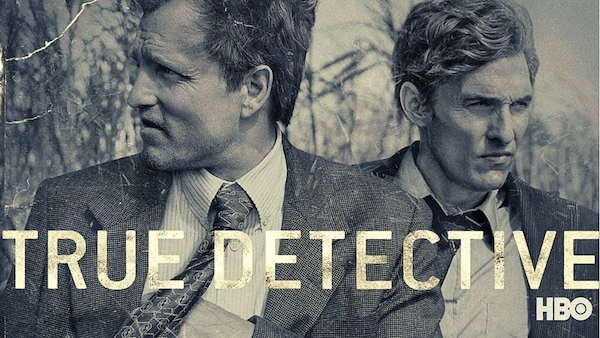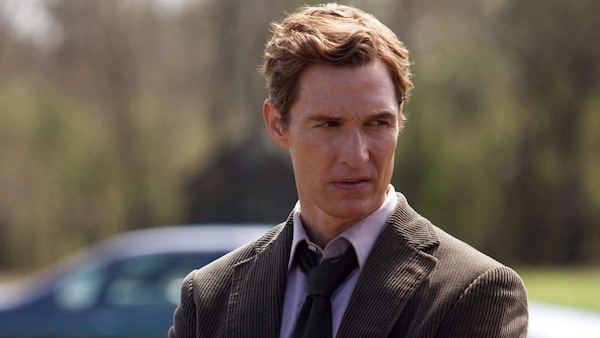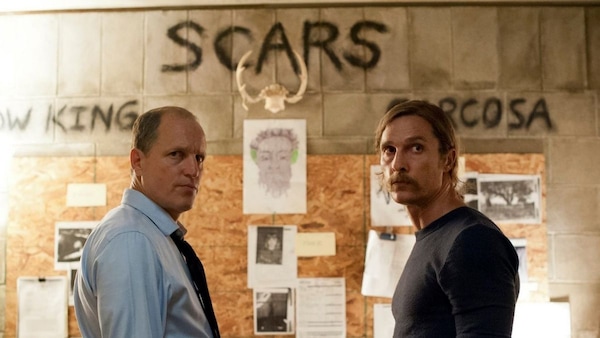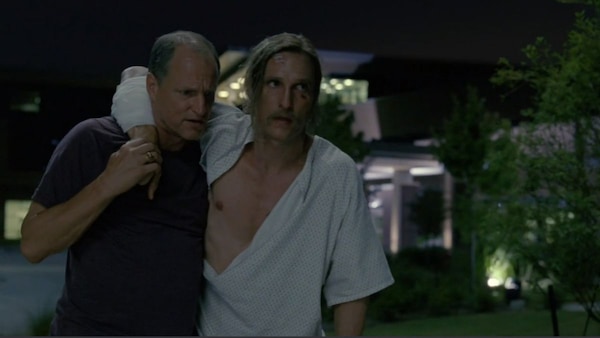True Detective season one starring Matthew McConaughey & Woody Harrelson is the best TV has to offer
Analysing the first season of True Detective as the creator and showrunner of the critically acclaimed anthology series Nic Pizzolatto turns 46 today

Last Updated: 10.44 PM, Oct 18, 2021
HBO’s original programs have always been at the pinnacle of television shows. The most acclaimed TV shows such as Band of Brothers, The Wire, The Sopranos, Chernobyl, Veep, Curb Your Enthusiasm, Watchmen, Boardwalk Empire, and Game of Thrones, are examples of how the cable network has consistently churned out high-quality content over the years. In fact, these are some of the titles most people gravitate towards if quizzed about the best TV shows ever created, and rightfully so. However, there is one HBO original that is at times overlooked when it comes to compiling a list of the best TV shows ever made - True Detective. A possible reason behind its erasure from public memory could be its underwhelming second season, especially when compared to the first instalment of the anthology series.
Season one of the self-contained anthology is arguably the best television has to offer. Not even AMC’s Breaking Bad has had an entire season as riveting, layered with themes and subtext that affects the psyche of its viewers. Of course, Breaking Bad had five consistently high-quality seasons, whereas True Detective season one had to worry about just eight episodes to conclude its arc. Its creator, Nic Pizzolatto, a novelist, had originally intended to produce the story as a novel. The decision to make a TV show instead has reaped benefits in how the narrative immerses the viewers into the iconography and close reading of the visual text. The cinematography aids in establishing the identity of the state of Louisiana in the 90s as an organism that is decaying and whilst also rotting its inhabitants along with it.

Pizzolatto has added several philosophical ideologies borrowed from writers including Greek philosophers, 19th-century social critics Friedrich Nietzsche, Friedrich Engels, and Sigmund Freud; as well as modern-day. The most obvious references used in the series are from Robert W. Chambers’ book The Yellow King, which is also the nickname given to the elusive antagonist in the series. The idea of these references is to flesh out the central theme, which is, philosophical pessimism. Matthew McConaughey’s character Rust Cohle is the conduit through which this theme is conveyed. Whereas, Woody Harrelson’s Marty Hart is the equaliser who offers a counter-argument to Cohle's narrative and is also a representation of the flaws in the various social constructs that holds a civil society together.

Cohle, a believer of antinatalism, weighs in that human beings have become cancerous to the planet and that procreation is just adding to the problem. The heinous crimes and the level of cruelty human beings are capable of is mirrored in Cohle’s monologues that highlight his side of the argument, regardless of how bleak it sounds. His views on religion are perfectly captured with his quote, “If the only thing keeping a person decent is the expectation of divine reward, then, brother, that person is a piece of shit”. Some of his lines have become some of the most memorable in television history. In fact, Cohle’s character is the means to an exposition that Pizzolatto utilises to open controversial philosophical debates on civilization —philosophical ideas a contemporary society would be unwilling to acknowledge.

While the finer nuances of allegories and symbolism cannot be denied, it need not always make for an engrossing watch. However, True Detective season one has a riveting police procedural as its central plot. It is a perfect union of storytelling and social commentary. The plot itself will leave a lasting impact on its viewers and will reshape their views on morality. And it is interesting to note that a narrative built on philosophical pessimism ends with a hint of hope and optimism when Cohle says, “Once there was only dark. If you ask me, the light's winning”.

